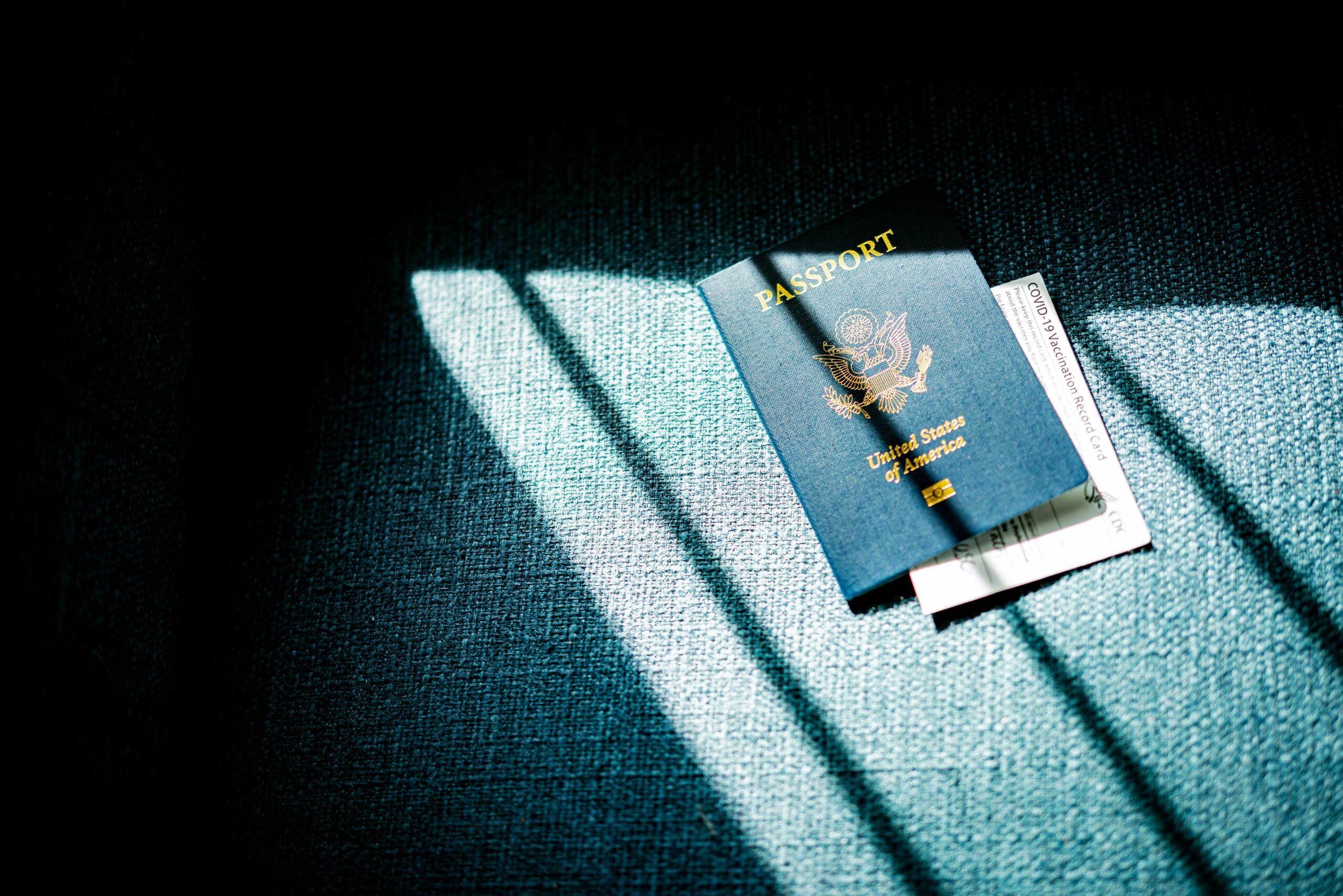
The Trump administration has announced plans to overhaul the H-1B visa program, which could lead to major shifts in how foreign skilled workers are employed in the United States. The proposed changes emphasize higher wages and could disadvantage early-career foreign workers, including teachers, while potentially transforming the program’s current lottery system.
Key Facts
- The proposed changes to the H-1B visa rules aim to prioritize employers that offer higher wages.
- This shift could disadvantage early-career foreign workers and small to midsize businesses.
- The changes are expected to impact industries reliant on H-1B visas, such as tech and education.
- A formal public comment period will begin once the proposal is published in the Federal Register.
Background
The H-1B visa program is designed to allow U.S. employers to hire foreign workers in specialty occupations. The program is particularly utilized in fields requiring highly specialized knowledge, with a significant portion of H-1B visas granted to workers in the tech industry. The current system requires employers to pay either the actual wage level paid to similar workers or the prevailing wage level for the occupation, whichever is higher.
Historically, the H-1B visa has been a cornerstone for companies, especially in Silicon Valley, to attract top talent from around the globe. The program not only fills gaps in the U.S. labor market but also contributes to the country’s competitive edge in global innovation.
What We Know
According to a statement from Joseph Edlow, director of U.S. Citizenship and Immigration Services, the new proposal aligns with the administration’s goal to favor higher-paying jobs within the H-1B visa framework. This change is expected to influence the distribution of visas, potentially making it challenging for industries and businesses offering lower wages to secure visas for prospective employees.
David Leopold, former president of the American Immigration Lawyers Association, highlighted that the proposed change could reduce America’s global competitiveness by preventing many employers from hiring necessary talent in shortage occupations.
The proposal follows previous attempts by the Trump administration to reform the H-1B program and is likely to face legal challenges.
Official Reactions
The reaction to the proposed changes has been mixed. Proponents argue that prioritizing higher wages will protect U.S. jobs and ensure that the H-1B program serves its original purpose of bringing the most skilled workers to the U.S. Critics, however, believe that the changes could harm the country’s ability to attract international talent, particularly affecting industries that traditionally rely on younger, less experienced foreign workers.
Legal experts and industry leaders have expressed concerns about the potential impacts on sectors like technology and education, where H-1B visas have been crucial in filling employment gaps.
What’s Next
As the proposed changes are set to be published in the Federal Register, a formal public comment period will commence, allowing stakeholders and the public to express their views. The final rule could be enacted within months, shaping the future landscape of immigration and employment for foreign skilled workers in the United States.